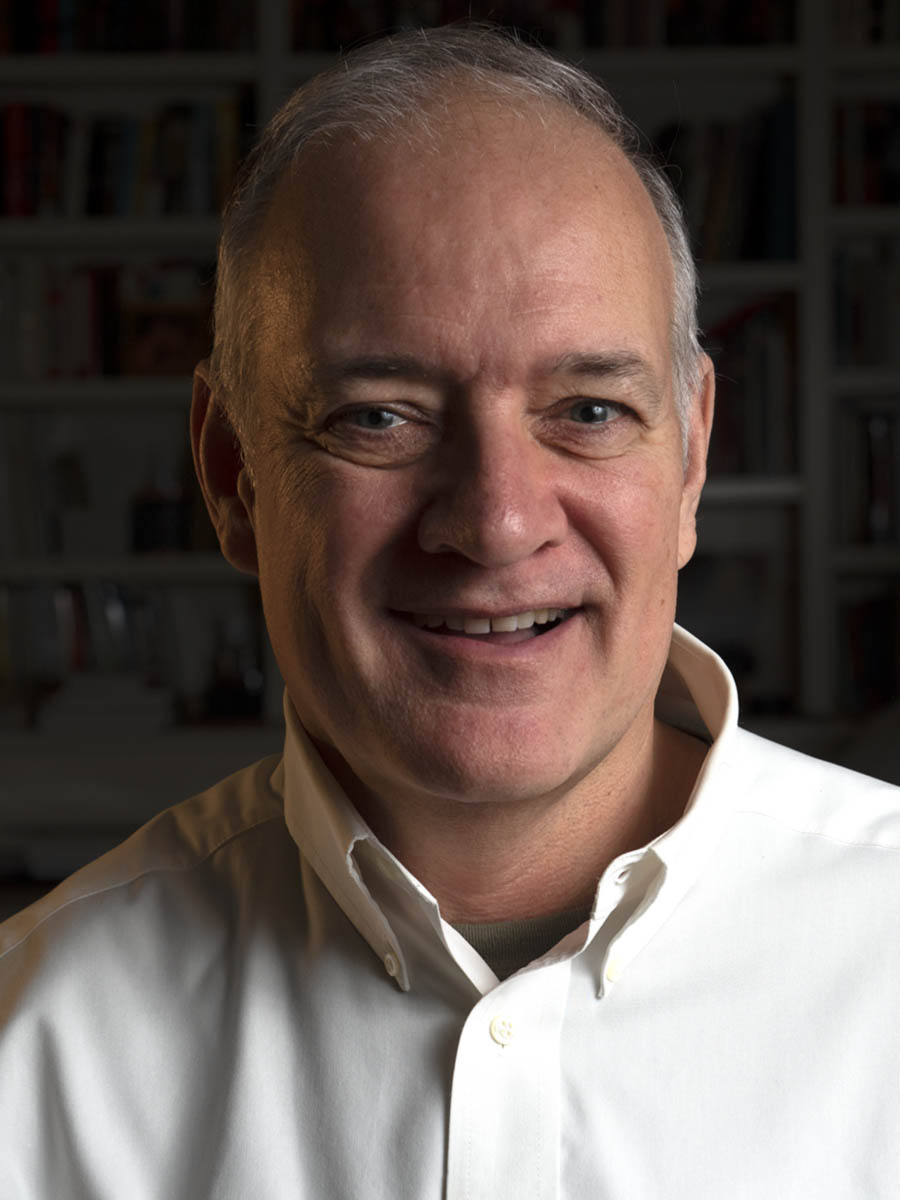[RADNEXT] Thermal neutron effects in electronic components
Thermal neutron effects in electronics components
Boron 10 and All That Jazz: The Impact of Thermal Neutrons on Integrated Circuit Reliability
Radiation effects often dominate reliability failures in electronics. This is particularly true in high reliability terrestrial environments encountered in autonomous vehicles, supercomputer clusters, industrial (medical and nuclear) electronics, and aerospace electronics; anywhere that a failure, even a “soft” one, can lead to loss of life or mission failure. After a quick review of the primary environments where thermal neutrons are present in relatively high concentrations, we consider the primary nuclear reaction of concern - the interaction between 10B and thermal neutrons. We then examine the various ways and regions in which 10B is introduced or accumulated in the semiconductor fabrication process. We consider some methods of mitigation from the IC manufacturing and packaging point of view and highlight the need for thermal neutron test facilities and standardized methodologies for dealing with and determining the thermal neutron component of SEE.
Speaker:

Robert Baumann
Founder/Consultant, Radiosity Solutions LLC (https://radiositysolutions.com/)
Research Scientist, Center for Harsh Environment Electronics, University of Texas at Dallas
Robert started his career at Texas Instruments focusing on DRAM Reliability. He discovered that the reaction of 10B with low-energy cosmic neutrons in specific IC layers was a dominant reliability risk and developed mitigations reducing IC failure rates by ten-fold. Robert drove several radiation effects breakthroughs at TI and in the IC industry, was directly responsible for the development of several international radiation test standards and for negotiating changes in ITAR laws to remove the risk of inadvertent export restrictions on U.S. semiconductor companies. Robert was an individual contributor and technical leader in various roles in US and Japan during his 29 years at TI. He was the chief technologist for the Aerospace and Defense group during his last 6 years with TI. Robert retired from in 2018 and is currently dividing his time between consulting with a variety of space and terrestrial customers while also focusing on building a center for harsh environment electronics at UTD. He is a TI Fellow (emeritus) and IEEE Fellow, has co-authored more than 100 papers and presentations, TI’s Radiation Handbook for Electronics, two book chapters, and holds 17 patents.
Thermal Neutrons Effects on Supercomputers and Autonomous Vehicles: Have we learned the lesson?
The high performance, high efficiency, and low cost of Commercial Off-The-Shelf (COTS) devices make them attractive for applications with strict reliability constraints. As a result, today COTS devices are adopted in HPC and safety-critical applications such as autonomous driving. Unfortunately, the cheap natural boron widely used in COTS chip manufacturing process makes them highly susceptible to thermal (low energy) neutrons. In this talk, we demonstrate, comparing the experimentally measured error rate to high and low energy neutrons, that thermal neutrons are still a significant threat to COTS device reliability. In the talk, to have a broad overview, we consider two DDR memories, an AMD APU, three NVIDIA GPUs, an Intel accelerator, and an FPGA executing a relevant set of algorithms. We predict the error rate of COTS in different scenarios that impact the thermal neutron flux such as weather, concrete walls and floors, and HPC liquid cooling systems. Correlating beam experiments and neutron detector data, we show that thermal neutrons FIT rate could be comparable or even higher than the high energy neutron FIT rate.
Speaker:
Paolo Rech
Associate Professor at Universidade Federal do Rio Grande do Sul, Porto Alegre, Brazil
Università di Trento, Italy
Paolo Rech received his master and Ph.D. degrees from Padova University, Padova, Italy, in 2006 and 2009, respectively. He was then a Post Doc at LIRMM in Montpellier, France. Since 2022 Paolo is an associate professor at Università di Trento, in Italy and since 2012 he is an associate professor at UFRGS in Brazil. He is the 2019 Rosen Scholar Fellow at the Los Alamos National Laboratory, he received the 2020 impact in society award from the Rutherford Appleton Laboratory, UK. In 2020 Paolo was awarded the Marie Curie Fellowship at Politecnico di Torino, in Italy, in 2022 he received the best paper award from IEEE Transactions on Nuclear Science and he was awarded from the ministry of research as the advisor of the best undergrad research work and of the best PhD thesis of the whole Brazil. His main research interests include the evaluation and mitigation of radiation-induced effects in autonomous vehicles for automotive applications and space exploration, in large-scale HPC centers, and quantum computers.
